With life opening up after lockdowns, supply chain issues and growing demand for products, inflation has been hitting record levels in many economies, including Germany.
Most of us have likely received letters telling us that our energy bills are going up. But the cost of housing and leisure is also increasing in Germany.
What’s going on?
Whether it’s your groceries at the supermarket or gas for the car, many things have become more expensive in Germany in recent months.
This can be seen in the fact that inflation has reached record levels. In January 2022, inflation in Germany stood at 4.9 per cent. In December and November it was even higher.
Inflation is a complex phenomenon where many factors play a role. Decisions made by central banks on interest rate cuts or increases also play a role in the development of prices.
At the moment there is a catch-up effect in the price increases for almost all goods: after the global economy cut back its production at the peak of the pandemic in 2020 and 2021, the economy has been picking up again. The higher demand for goods and raw materials is temporarily leading to rising prices, which are also being felt by consumers.
READ ALSO: Inflation in Germany hits highest rate since 1992
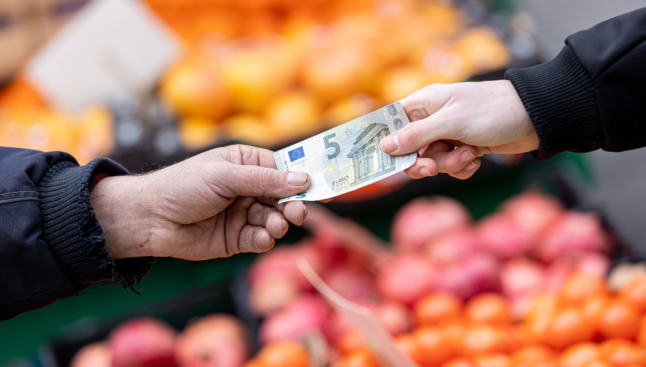
But what exactly is getting more expensive and why? A closer look shows that the price development is currently making life expensive in three areas in particular: housing, transport and leisure, reported Business Insider.
Other groups of goods, such as health products, have not seen the same price hike (0.9 percent) or have even become cheaper, such as clothing and telecommunications (-0.1 percent each).
But what does that mean exactly for day-to-day life? The Federal Statistical Office categorises more than 300,000 prices of individual goods and services – from milk prices to the cost of a nursing home – into 12 groups of goods, including housing and additional costs, food or education. A “representative basket of goods” is then calculated from these. The inflation rate is calculated by comparing the price of this month’s basket of goods with that of a year ago.
The basket of goods is supposed to correspond to the average expenditure in this country. To do this, different goods are weighted differently. For example, housing and utilities account for almost a third of the total basket of goods, while “education” has a share of only 0.9 per cent.
READ ALSO: The everyday products getting more expensive in Germany
The three groups of goods with the largest share of the basket of goods are firstly housing and utilities, secondly transport and thirdly leisure, entertainment and culture.
Together they account for about 55 percent of the basket of goods. It is precisely for these goods that prices have now risen the most in January: while overall consumer prices rose by 4.9 per cent, it was 5.2 per cent for housing, 10.6 per cent for transport and 5.4 per cent for leisure.
However, three additional problems are playing a role in the largest price hikes in the three ‘goods groups’ of housing, transport and leisure: the housing crisis, the energy crisis and the semiconductor crisis. Here’s a look at these sectors in more detail, and how they’re affecting daily life in Germany.
READ ALSO: Six essential tips for saving money on your groceries in Germany
Housing shortage
The housing shortage in Germany has been a much-discussed topic for years. More and more people in Germany are spending an ever larger share of their income on rents.
But there are big differences between the big cities, where prices continue to rise rapidly, and some rural regions, where there have been hardly any price increases.
This highlights a central problem in the calculation of inflation: there is no one inflation rate that applies equally to everyone, but the individual inflation rate always depends on one’s own basket of goods.
For housing, this means that the inflation rate for city dwellers is higher than that of people who live in the country simply because of the high rents.
The price increase in housing – both renting and buying – has been going on for years and is not likely to stop in the future. Although there are signs that the rise in rents is slowing down, even in big cities. Nevertheless, rents will most likely continue to rise, especially in metropolitan areas – albeit with large regional variations.
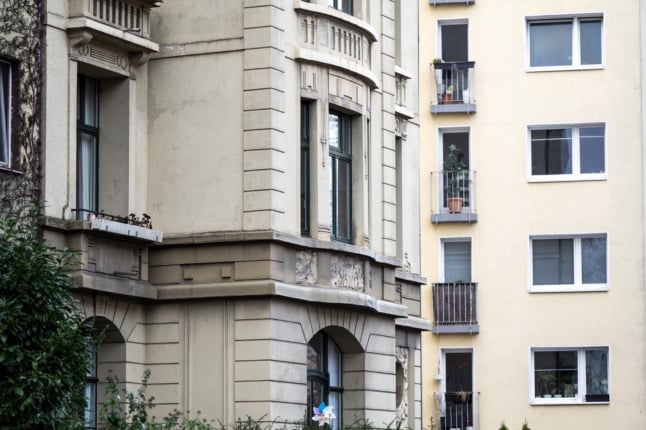
Even if the federal government keeps its political promise to provide affordable housing, it will probably be several years before newly built flats could noticeably take pressure off the rental market. At the same time, the government’s construction plans and higher environmental standards in building will make construction and thus housing costs more expensive, at least in the short term.
READ ALSO: COMPARE: The cities in Germany with the fastest-rising rents
Over the next few years, the cost of housing will probably continue to rise – and with it inflation. The fact that ancillary and operating costs are also likely to rise will also contribute to the further increase. When calculating the costs of housing, these are also included in addition to the basic rent. And it is precisely here that there have been the greatest price increases. Light heating oil is the single good with the strongest price increase: 57.3 percent compared to the same month last year. Therefore, the increase in housing costs is also directly related to the energy crisis.
How is the energy crisis affecting life in Germany?
Energy is more expensive today than it has been for a long time.
This isn’t just a case of pay higher ‘warm rents’ and therefore higher costs, but actually impacts almost all goods on the market. The refrigeration of food becomes more expensive, as does the services of a handyman or woman, because their car journey gets pricier.
However, the price-driving effect is greatest on the goods group “mobility”. The increase here was more than twice as strong as overall inflation. The goods grouped here include cars as well as air travel or train tickets. After heating oil, rental cars are the single goods with the highest price increase: 53.4 percent compared to the same month last year.
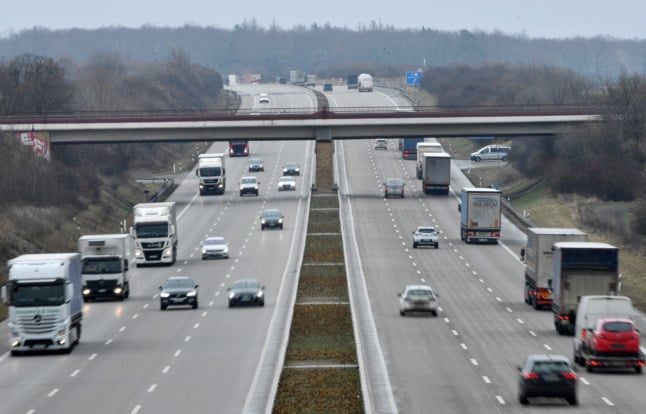
But why are energy costs rising so sharply in the first place? It’s mainly due to the worldwide squeeze on energy supplies, which has pushed the price of gas prices up to unprecedented levels worldwide.
Furthermore, Germany’s tax on C02 was introduced in January 2021 – and this also makes energy more expensive for consumers. Germany is also particularly dependent on natural gas. Meanwhile, Russia is currently supplying less natural gas than in previous years. Liquid natural gas, which comes from the USA as a substitute, has to be delivered by ship, which is relatively expensive.
As soon as temperatures rise and if a solution to the Ukraine crisis is found, the price of gas could drop again in the short term, which should ease the energy crisis.
But in the medium term, energy prices are likely to rise further, because the transition to cleaner energy will involve additional costs – especially due to Germany’s parallel phase-out of nuclear energy. Energy is therefore likely to remain a key inflation driver in the coming years.
READ ALSO: How will the cost of living change in Germany in 2022?
What about the entertainment sector?
“Leisure and entertainment” is the third-largest goods group – and the one with the third-largest increase in prices. This includes, for example, visits to cafés or cinemas. These companies had revenue losses during Covid shutdowns or now have to operate at a lower capacity or with complicated hygiene and safety concepts. The price of their supplies has also become more expensive. Many have therefore had to hike up their prices to compensate for the increased costs.
Meanwhile, electronic equipment, such as consoles and televisions, hi-fi systems, cameras and computer, have become much pricier mainly because there is a global shortage of semiconductors which are needed for computing chips.
The combination of the surging demand for consumer products that contain these chips, as well as pandemic-related disruptions in production has led to shortages and increasing prices for semiconductors.
Experts expect the shortage to continue until at least mid-2022. After that, however, the market should slowly relax, which is why the price increase for entertainment products should ease slightly in the medium term.

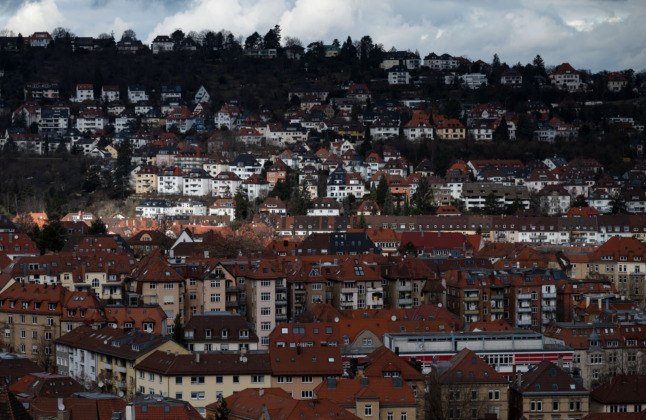
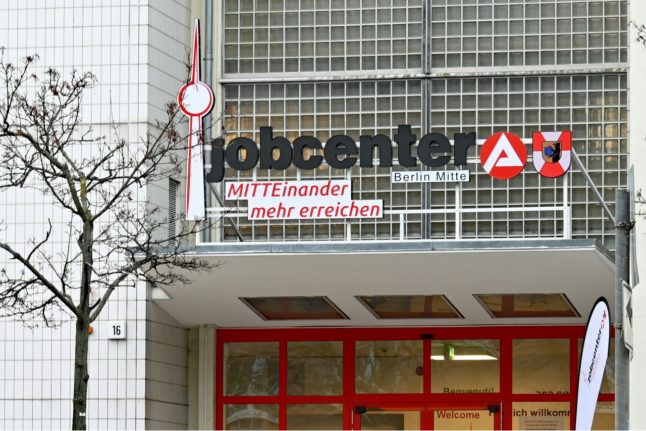
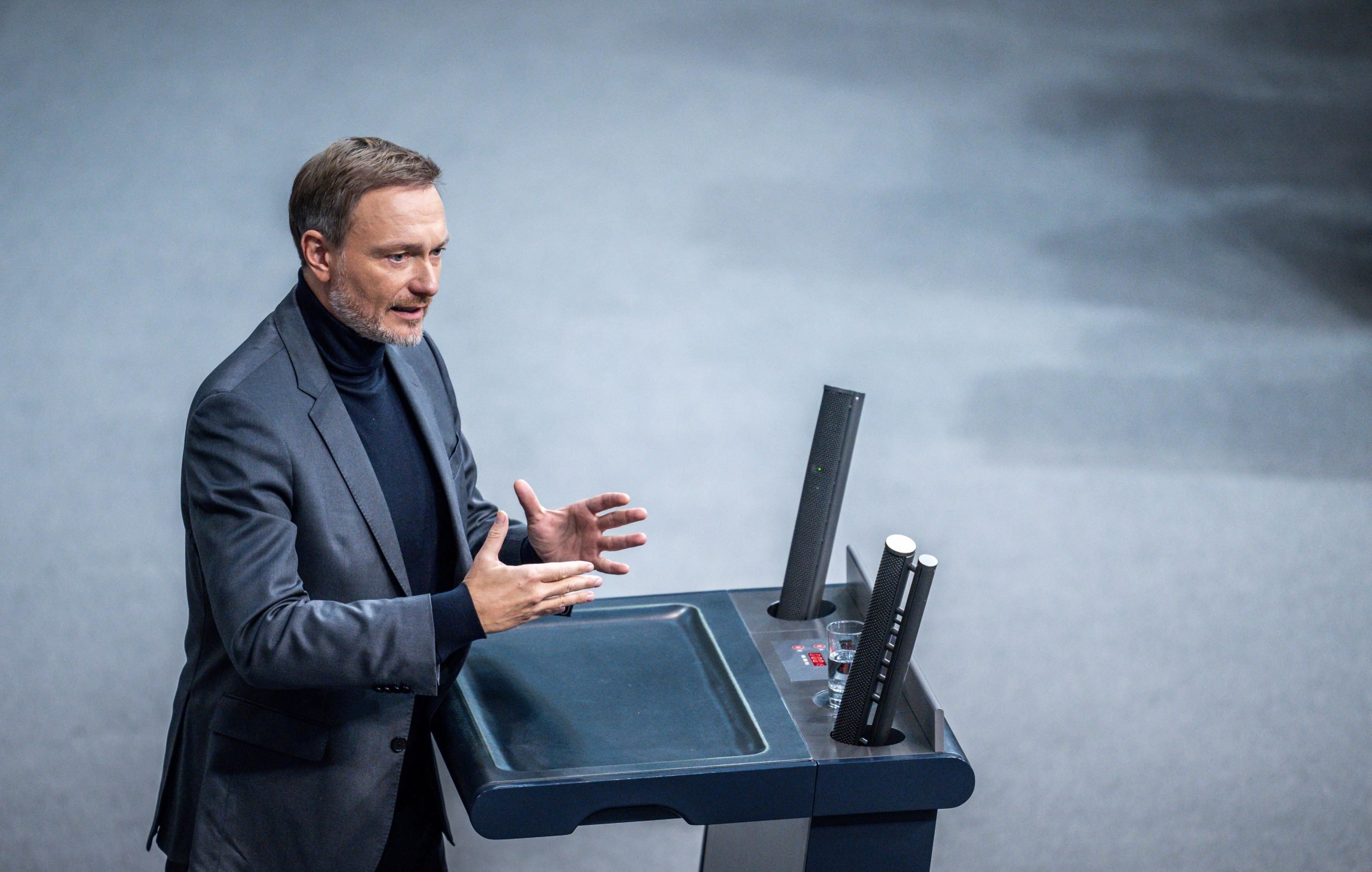
 Please whitelist us to continue reading.
Please whitelist us to continue reading.
Member comments